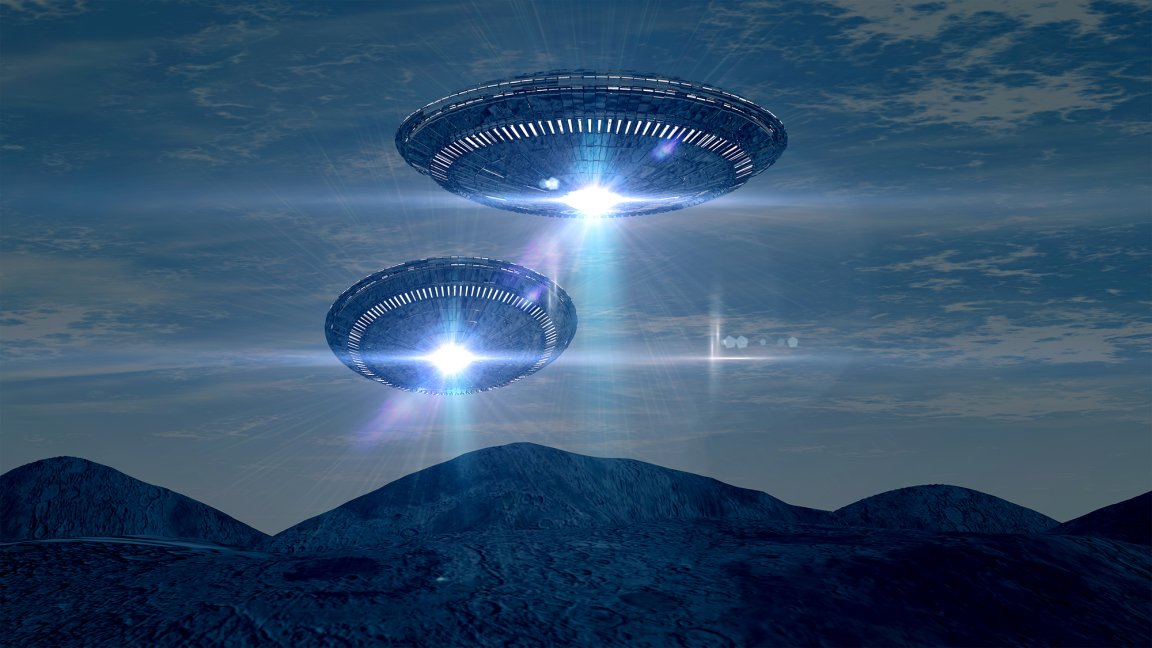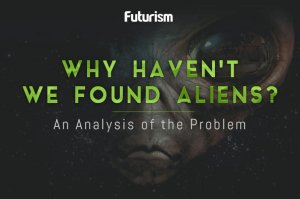
Do Aliens Exist?
For most of human history we’ve looked at the stars and wondered if there’s life beyond our galaxy. As technology has rapidly advanced, it feels possible that even our more esoteric questions about aliens could be one day be answered. The real question is: are we ready for the implications of those answers?

While science fiction narratives often rely on the “government denies knowledge” trope, several groups around the world have invested time, effort, and resources into developing scientific protocols for assessing the probability of alien life. Of course, no nation in the world has formally adopted them…but they do exist.
The Drake Equation, proposed by an astronomer for which it was named in 1961, essentially provides a template that mathematicians could use to determine the likelihood that life exists elsewhere in the universe. Drake chose seven variables to include, such as “the formation rate of stars suitable for developing intelligent life.” The problem is science currently has no firm data for any of those variables. Therefore, attempting to actually calculate a probability from the equation (which is: N = R* • fp • ne • fl • fi • fc • L) provides only a hypothetical estimate.
If Aliens Do Exist, Are We Ready To Meet Them?
Let’s say that technological advances give us the ability to fill in the variables in The Drake Equation. Scientists then not only figure out the probability of extraterrestrial life is high, but that an alien visitation is imminent. What would happen next?
The Search for Extra-Terrestrial Intelligence (SETI) League has an abundant list of protocols concerning contact with life on other planets, including something called The Rio Scale. The scale is concerned with three variables: the phenomenon itself, how it was discovered, and how far away it is, to provide an objective indicator of the events’ credence. In other words, the Rio Scale is a decent metric for sussing out alien hoaxes. This isn’t an insignificant application, either: as the video below points out, if the media reported that aliens had communicated with us before scientists had all the facts, something akin to mass panic would probably ensue.

The Treaty on Principles Governing the Activities of States in the Exploration and Use of Outer Space, including the Moon and Other Celestial Bodies — otherwise known as simply The Outer Space Treaty — actually states that the Secretary-General of the United Nations be the one to formally communicate such a finding, having presumably received the information through proper channels.
Of course, this is all still largely hypothetical. Much of what we think we know about aliens comes not from hard evidence, but our fictional renderings of them and their interactions with us. We can’t know for sure what to expect if, and when, aliens make contact, but our attempts to prepare give us fascinating insight into our own hopes and fears. When we look to the sky we may not get the answers we’ve been looking for about aliens, but we’re likely to find answers about ourselves we didn’t even know we were looking for.